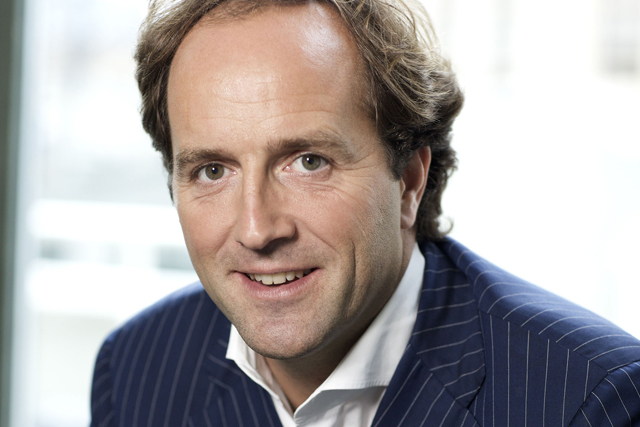1. Digital and the changing consumer
Today, you can no longer buy attention – you have to earn it. The marketing world has shifted from what was once a captive audience, to multi-tasking consumers. You can’t bore people to death – you need engaging, compelling content.
It comes back to the concept of the proactive consumer or "prosumer" that we borrowed from [influential futurologist] Alvin Toffler but today the scale and velocity of consumer influence is so much larger than in Toffler’s time [80s]. This is both an opportunity and a threat to brands. It raises the bar for our industry. Creativity becomes much more important.
2. Brand management
Brands used to be about what was said to consumers, now it is about what consumers say to one another. It used to be about image, now it’s about reality. This is because of the radical transparency social media has brought to the world.
If the reality is the problem, then brands can and need to change. Look at the Dominos Pizza example a few years ago, where two employees posted a video on YouTube of them doing repellent things to the food. Not only did Dominos apologise and act, it relaunched the entire company on the back of it.
3. Hiring, retaining and developing talent
A decade ago, people no longer wanted to join ad agencies, but digital has made it an exciting career choice again. The challenge is to have a disproportionate share of the best digital people – and there’s a huge talent war out there.
To attract this talent, you also need different models – we’re creating a lot of start-ups around the world where we share up to 50 per cent of the equity.
This is also the smartest generation yet. You can give them responsibility much younger than previous generations. In our experience, mutual mentoring works well – the brilliant young people know more about the digital revolution, the smart older people have invaluable experience.
4. Globalisation
There’s no such thing as local any more. Everything one does is now global. For example, when in France we did the first gay ad for McDonald’s – it was picked up by the media in the US within 24 hours.
You have some local freedom, but within a global framework. Today, all the best ideas work globally.
5. Social media and social responsibility
The social media revolution presents an opportunity and a threat. And, in my view, social media and social responsibility aren’t separate subjects, they are totally interlinked.
If companies are not socially responsible, the digitally empowered consumer will punish them. CSR used to be about image, but today it’s about a real competitive advantage. Most companies understand this, but not all of them are taking the right steps. They need to – 80 per cent of young people today believe companies need to stand for more than just profit.
However, in my view a business that does good but doesn’t make money is no more sustainable a model than a business that makes money without caring about its impact on society. You need both. In this respect, Unilever’s goal to double its revenues and reduce its carbon footprint is an exciting ambition.
Interview by Danny Rogers, editor-in-chief, PRWeek


